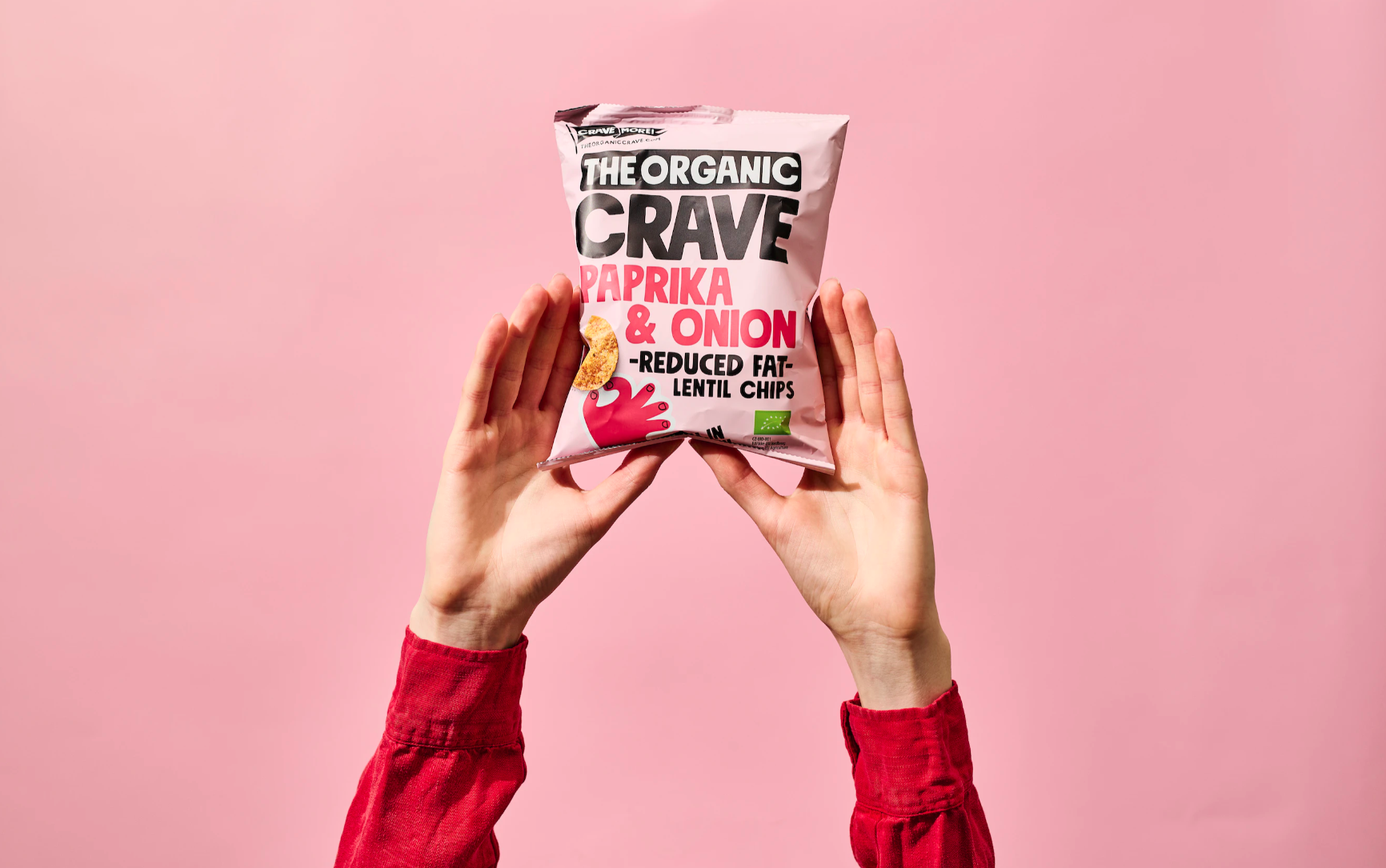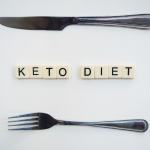The food business continues to deceive us while we fight obesity and a plethora of chronic diseases linked to our diet by using misunderstandings about common foods to hide dangerous substances in their goods.
Here are just a few examples of the numerous purportedly healthful foods that harm our health. Many of them are marketed with false health claims, but it has been discovered that they alter the delicate ecosystem of bacteria and microorganisms in our gut, which keeps us lean and healthy.
1. Fruit Juices
Fruit juices’ detrimental effects on the microbiome and liver Fruit juices are high in vitamin C, but after the fiber is removed, they are essentially sugar and water. And that’s before the food business tampers and adds more sugar and flavorings.
Pure fruit juices are generally safe to consume in moderation, but when consumed in large quantities or on an empty stomach, as is frequently the case as a common breakfast beverage, they can cause serious harm by saturating our livers with sugar and causing obesity, insulin resistance, and fatty liver disease.
2. Low Fat or Fat Free Anything
Due to questionable science and lobbying supported by the sugar industry in the 1960s and 1970s, fat received a bad reputation. Not all fats are unhealthy, and definitely not to the extent once believed. While fat is more in calories than other foods, some forms of fats are essential to our health. Sugar, however, can be considerably more detrimental.

Why Avoid Low-Fat Food?
Fat-free or low-fat claims on a product’s label indicate that it has undergone extensive processing. Since fat imparts a lot of flavor to dishes, replacing it with other additions helps make up for its loss. additives including emulsifiers, certain oils, flavor enhancers, and sugars or artificial sweeteners.
All of these components are significantly more detrimental to our health than they are beneficial, as they have been found to alter the flora in our gut and, in the case of sugar, to overwhelm our liver and cause serious injury when ingested in large amounts.
3. Diet Soft Drinks
If sugar is so detrimental, then diet soft drinks that are both sugar- and calorie-free must be a better option.
False—it is now believed that artificial sweeteners are at least as hazardous as the sugar they replace.
Researchers tracked 400,000 people over a 10 year period and reviewed 37 studies on the effects of artificial sweeteners on weight loss and health. They discovered that those who consumed high levels of artificial sweeteners were much more likely to gain weight or become obese, develop diabetes, or have a heart condition.
Researchers at the Weizmann Institute of Science in Israel examined the impact of artificial sweeteners on the gut microbiome and discovered significant changes as a result, including a decline in harmful bacteria strains linked to obesity, metabolic disease, and diabetes and an increase in harmful strains.
4. Light/ Low Calorie Anything
Watch out for anything labeled as “light,” “lite,” or “low calorie” as these terms also indicate high levels of processing and the substitution of artificial sweeteners (see above) as well as flavor enhancers, preservatives, and emulsifiers for sugars, fats, and other calories.
Preservatives and Emulsifiers
These compounds are quite prevalent, especially in foods that are packaged in packets or jars. They are added to increase shelf life and kill microorganisms, which is regrettably also what researchers believe they do to the flora in our gut.
A number of significant studies have demonstrated how preservatives and emulsifiers alter the composition of our gut flora and the mucous lining that protects our digestive tract, causing inflammation and leaky gut.

5. Flavoured Yoghurts
Yogurt has long been regarded as a basic health food since it is rich in probiotics and is connected to the Mediterranean diet and the long life of the Greeks. Only a small percentage of the yogurts available in your local shop still have living cultures in them; the majority have been pasteurized, and many flavor-infused yogurts include more than 10g of sugar per 100g.
Now, if you choose a low-calorie flavored yogurt in an effort to avoid sugar, you’re probably substituting artificial sweeteners, which have been discovered to be quite disruptive to the composition of our gut bacteria. This is the complete reverse of the health claims!
Yogurt is a fantastic product that you can always sweeten yourself, as long as you select a natural, plain kind free of additives.
6. Margarine & Spreads
Another highly processed product that is far more dangerous than the one it was intended to replace—butter—is margarine. In truth, butter from grass-fed dairy cows is healthy for us when consumed in moderation, but in the 1970s and 1980s, it was victimized by the anti-fat movement.
Margarines were initially developed as a long-lasting substitute for cheap butter. It was manufactured from a variety of substances, including refined vegetable oils like sunflower and palm oil and more recently, hydrogenated plant material. High levels of trans fats are produced during this processing, which has been linked to a 34% rise in mortality, a 28% rise in the risk of coronary heart disease, and a 21% rise in the risk of cardiovascular disease. According to the most recent research, there is no conclusive link between higher intake of saturated fats and death for any reason, including coronary heart disease, cardiovascular disease, strokes, or diabetes. Butter, which was once derided for its high content of saturated fat, has since been absolved.
7. Sports & Health Drinks
It’s no wonder that many of us think a sports drink is a good way to replace lost fluids, salts, and energy because of effective marketing and the clear link between sport and health. In reality, they aren’t any better than soda because the majority of sports, health, and energy beverages include up to two-thirds as much sugar as regular soft drinks in addition to artificial flavors and colorings.

Even the vitamins, electrolytes, or salts that a huge portion of their marketing relies on are mostly unnecessary because the majority of us don’t need them.
8. Breakfast Cereals
Another example of processed food is breakfast cereal, which hides the danger by making a variety of false health claims. Kids morning cereals in particular are the greatest offenders because they are manufactured from refined starch, high in sugar, flavorings, and colorings, and lack fibre.
The vast majority of breakfast cereals include GMOs, whether you are in favor of them or against them. The amounts of pesticide and herbicide residues in breakfast cereals, including glyphosate, connected to the GMO ingredients, are particularly concerning. These pesticides function as endocrine disruptors, interfering with our hormones and intestinal flora. High concentrations of these pesticide pollutants have been identified in even “healthy” cereals like muesli.
9. Any Foods with Health Claims
Last but not least, you should generally avoid anything that is promoted for its health benefits. Is that a little too harsh? Not really, though you might be shocked by the number of foods it excludes.
Any food that makes health claims is processed, manufactured with a number of refined ingredients and frequently dangerous additions for profit. The health claims are frequently false or deceptive and are intended to get your attention and frequently to distract it from flaws in the product.
For more information you can click:




